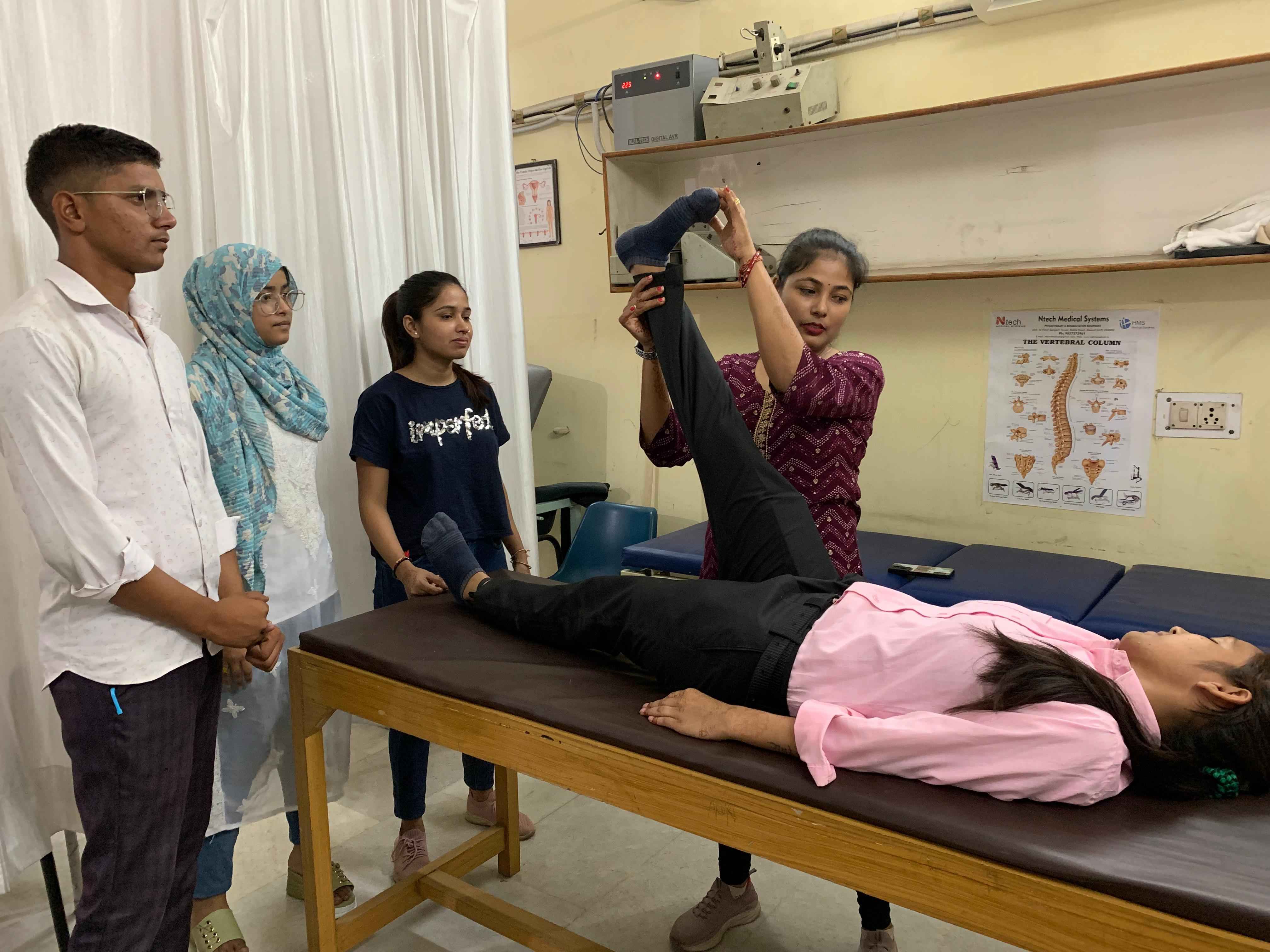

Paramedical sciences play an integral role in modern healthcare, contributing significantly to diagnosis, treatment, and patient well-being. Let's delve into the importance of paramedical sciences in healthcare.
- Vital Diagnostics: Paramedical professionals, including medical laboratory technicians and radiologic technologists, are responsible for conducting essential diagnostic tests like blood tests, X-rays, MRIs, and CT scans. These tests are fundamental in identifying diseases, assessing the severity of injuries, and monitoring treatment progress.
- Efficient Patient Care: Paramedics and emergency medical technicians (EMTs) are the first responders during medical emergencies. Their swift and competent actions can make the difference between life and death. They stabilize patients, administer life-saving interventions, and ensure a smooth transition to the hospital for further care.
- Rehabilitation and Therapeutic Services: Physical therapists, occupational therapists, and respiratory therapists, among others, fall under the umbrella of paramedical sciences. They play a crucial role in helping patients regain their physical and cognitive functions after injuries or surgeries. These professionals design personalized treatment plans to improve patients' quality of life.
- Allied Health Professions: Paramedical sciences encompass a wide range of allied health professions, including pharmacy, nutrition, and audiology. Pharmacists ensure patients receive the right medications and provide crucial information on drug interactions and side effects. Dietitians educate patients on proper nutrition, while audiologists help individuals with hearing impairments.
- Research and Development: Paramedical professionals are actively involved in research to improve healthcare practices and develop new technologies. For instance, medical laboratory scientists are at the forefront of medical research, contributing to breakthroughs in disease diagnosis and treatment.
- Holistic Patient Care: Paramedical professionals often work as part of a multidisciplinary healthcare team, collaborating with physicians, nurses, and other specialists. This collaborative approach ensures that patients receive comprehensive, well-rounded care addressing their physical, emotional, and psychological needs.
- Healthcare Education: Paramedical professionals also serve as educators, training the next generation of healthcare providers. They share their expertise in various fields, ensuring a continuous supply of skilled professionals to meet the growing healthcare demands.
In conclusion, paramedical sciences are the backbone of modern healthcare. These dedicated professionals contribute immensely to patient care, diagnostics, rehabilitation, and overall well-being. Their commitment to excellence and their integral role in the healthcare system make them indispensable in ensuring the health and wellness of individuals and communities alike.
